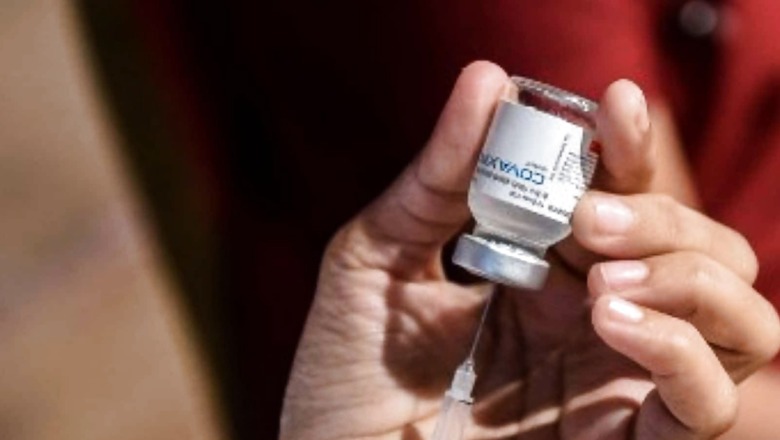
views
Wading into an acrimonious debate over booster doses, researchers in Israel reported Wednesday that a third dose of the Pfizer coronavirus vaccine can prevent both infections and severe illness in adults older than 60 for at least 12 days.
The study, published in the New England Journal of Medicine, is the latest salvo in the conflict over whether booster doses are needed for healthy adults and whether they should be given out, as the Biden administration plans to do, when so much of the world remains unvaccinated.
Several independent scientists said the cumulative data so far suggests that only older adults will need boosters — and maybe not even them.
Vaccination remains powerfully protective against severe illness and hospitalization in the vast majority of people in all of the studies published so far, experts said. But the vaccines do seem less potent against infections in people of all ages, particularly those exposed to the highly contagious delta variant.
What the Israeli data shows is that a booster can enhance protection for a few weeks in older adults — a result that is unsurprising, experts said, and does not indicate long-term benefit.
“What I would predict will happen is that the immune response to that booster will go up, and then it will contract again,” said Marion Pepper, an immunologist at the University of Washington in Seattle. “But is that three- to four-month window what we’re trying to accomplish?”
In the new study, the Israeli team collected data on the effect of booster shots, based on the health records of more than 1.1 million people over age 60. At least 12 days after the booster, rates of infection were elevenfold lower and of severe disease nearly twentyfold lower in those who received a booster compared with those who had received only two doses, the researchers found.
The researchers acknowledged that their results were preliminary. “We cannot tell at this point what will happen in the long run,” said Micha Mandel, a professor of statistics and data science at the Hebrew University of Jerusalem.
Apoorva [email protected] The New York Times Company
Read all the Latest News , Breaking News and Ukraine-Russia War Live Updates here.



















Comments
0 comment